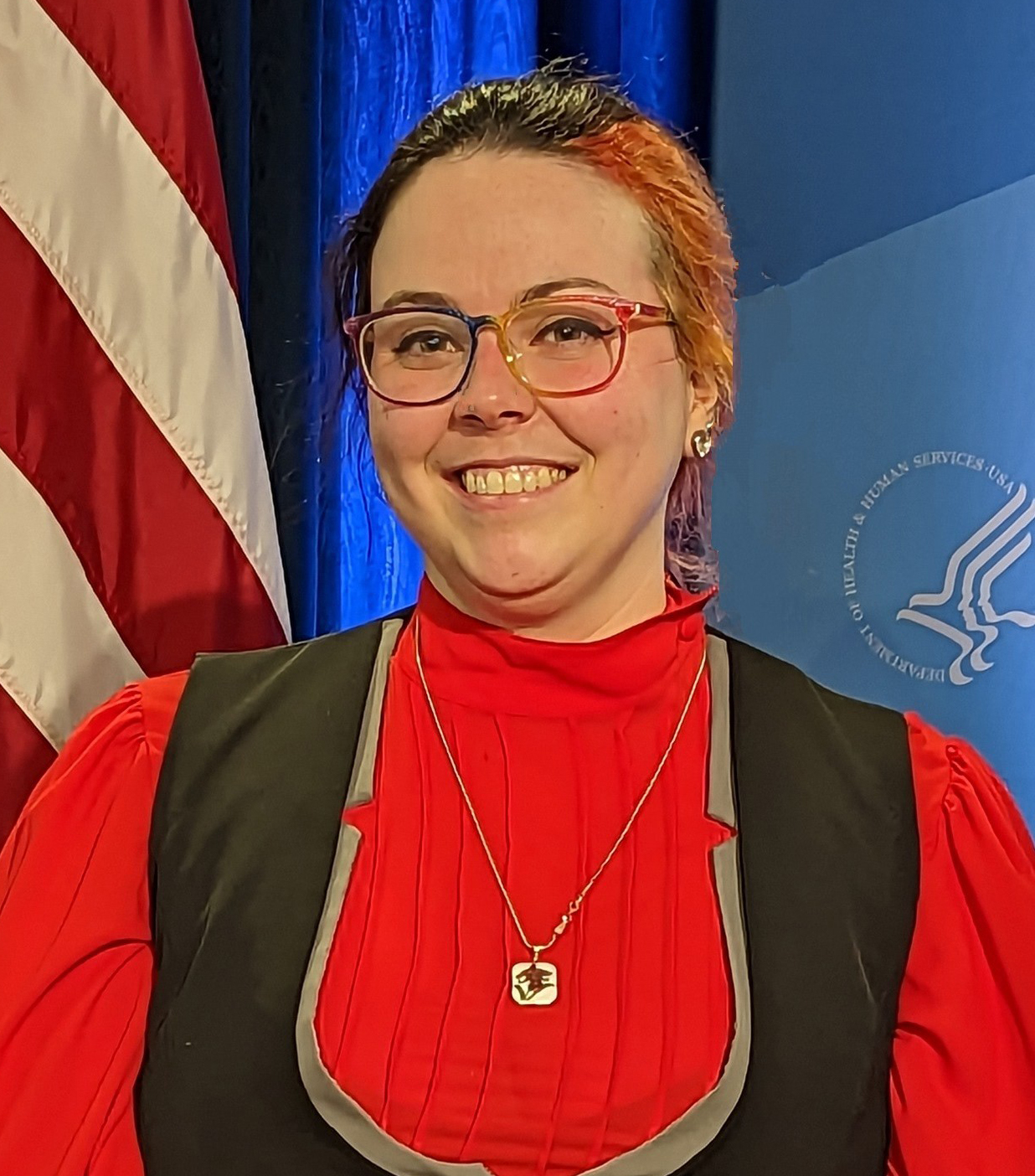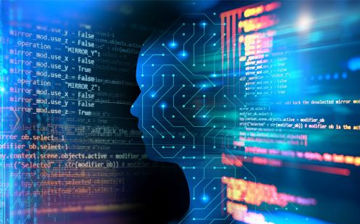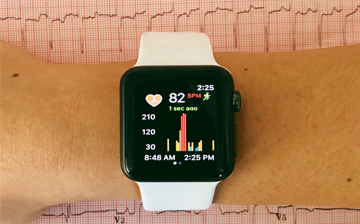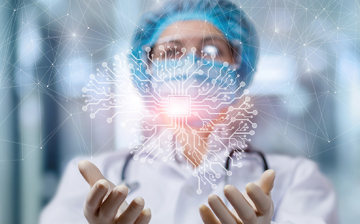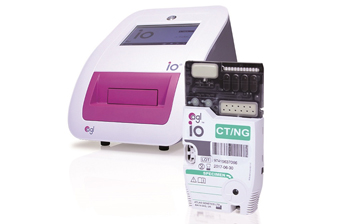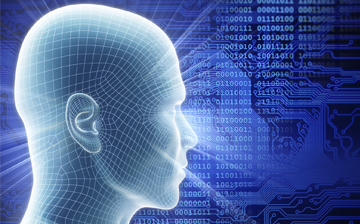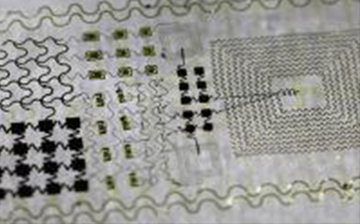The focus of the division is to support development of science and technology for processing and evaluating complex biomedical information in order to develop solutions to real-world healthcare problems. This research builds toward practical, patient-centered applications such as:
- clinical decision-making support systems
- in-home treatment monitoring
- medical image improvement through advanced methodologies
- next-generation intelligent image and data analysis tools
- mobile health.
Collaborations
- Collaborative Research in Computational Neuroscience (CRCNS) – This program supports collaborative research projects and the sharing of data and other resources for the study of computational neuroscience. Activities span a broad spectrum of computational neuroscience research based on the missions and strategic objectives of participating agencies including NIH, National Science Foundation, and the Department of Energy, along with international collaborators. Info and how to apply. Contact: Qi Duan.
- Neuroimaging Informatics Tools and Resource Clearinghouse (NITRC) – NIBIB staff lead a trans-NIH team that manages a clearinghouse for tools and resources used by neuroimaging informatics researchers and tool developers. In addition, NITRC helps create and support a community of neuroimaging informatics researchers. Contact: Rui Pereira de Sa.
- NIBIB Point-of-Care Technologies Research Network (POCTRN) – This network of centers was created to drive the development of appropriate point-of-care diagnostic technologies through collaborative efforts that simultaneously merge scientific and technological capabilities with clinical need. Info at POCTRN. Contact: Tiffani Lash.
- Smart and Connected Health Program – This is an interagency collaboration which supports the development and use of innovative approaches for transforming healthcare from reactive and hospital-centric to preventive, proactive and person-centered and focused on well-being rather than disease. Contact: Qi Duan.
- RadLex Ontology – This is a project developed by the Radiological Society of North America (RSNA) through NIBIB funding for establishing a controlled terminology for radiology and serves as a single unified source of radiology terms for radiology practice, education, and research. When complete, the RadLex Ontology will be capable of describing all the salient aspects of an imaging examination, including modality, technique, visual features, anatomy, findings, and pathology.
- National Centers for Biomedical Imaging and Bioengineering (NCBIB) – Through the P41 grant mechanism, these Centers create critical and unique technology and methods at the forefront of their respective fields and apply them to a broad range of basic, translational and clinical research. Info at NCBIB. Contact: Behrouz Shabestari
Division Staff





